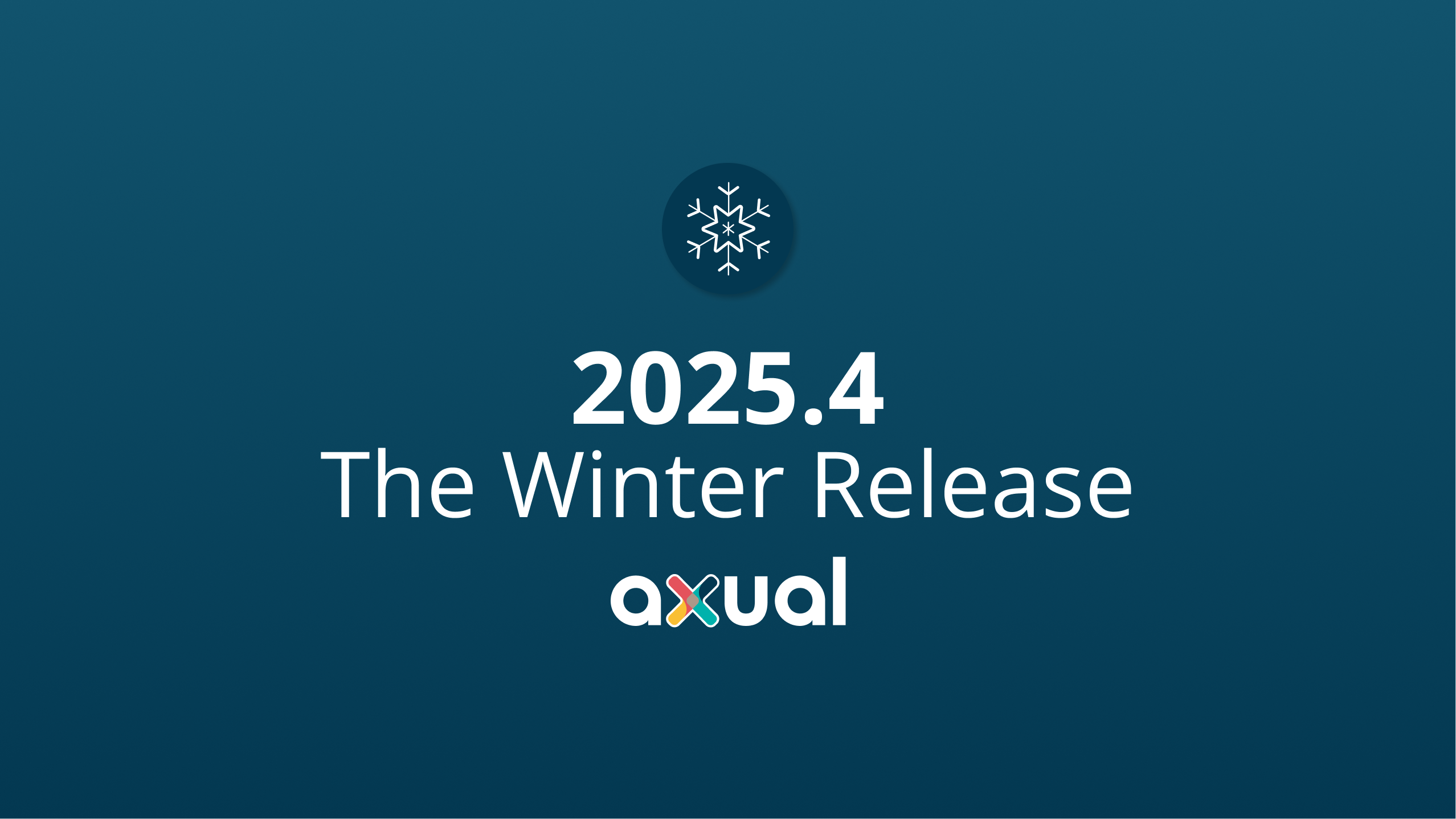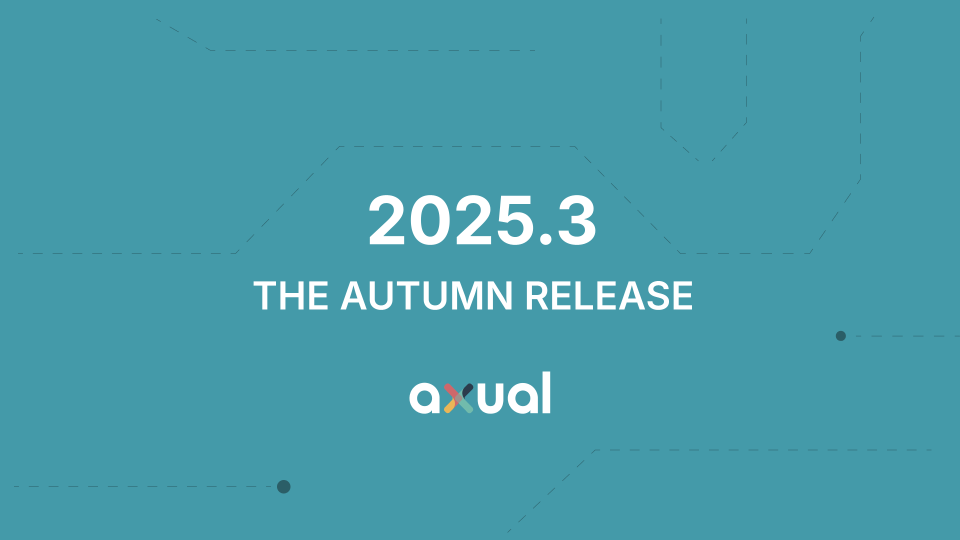How API Management transforms and connects IoT technology
The Internet of Things (IoT) is a significant innovation, revolutionizing how devices interact and share data. IoT technology makes our world more connected and intelligent, from smart home gadgets to industrial sensors. However, as the number of IoT devices grows, managing their communication and integration becomes increasingly complex. This is where API management comes into play, transforming and connecting IoT technology in profound ways.

On this page
What is API Management?
API (Application Programming Interface) management involves creating, deploying, and monitoring APIs that allow different software applications to interact with each other. APIs enable various software systems to communicate seamlessly, making them essential in the IoT ecosystem, where diverse devices and platforms must work together efficiently.
AppyThings and Axual: Enabling Seamless IoT Integration with API Management
AppyThings and Axual help enterprises shape how API management transforms and connects their IoT technology. AppyThings and Axual, a service provider and a platform vendor, respectively, are teaming up to deliver real-time data streaming solutions that enable businesses to seamlessly process, manage, and analyze data flows in a scalable and efficient manner, enhancing digital transformation and operational agility. Both companies provide advanced solutions that empower businesses to leverage the full potential of their IoT ecosystems by simplifying data exchange, ensuring security, and enabling real-time data streams.
Streamlining Device Integration with AppyThings and Axual
IoT ecosystems often consist of devices from various manufacturers, each using different communication protocols and data formats. This can create significant challenges in achieving smooth interaction. AppyThings simplifies this process by building reusable API products that enable devices to communicate regardless of their underlying systems. Through enterprise API management solutions AppyThings bridges the gap between disparate devices, enabling seamless integration across the IoT landscape. Axual further enhances this by enabling real-time data streaming between connected devices, ensuring that data flows smoothly and is available for immediate processing.
Enhancing Data Accessibility
API management plays an important role in making IoT data accessible and sharable. APIs are gateways for developers and applications to retrieve, manipulate, and share data from IoT devices. AppyThings provides robust API management strategies that make data from various devices easily accessible, enabling the creation of applications that aggregate data from multiple sources. Axual complements this by offering real-time data streaming, allowing data to be accessed and processed instantly. This combination empowers organizations to gather comprehensive insights and efficiently deliver actionable information to users.
Ensuring Security and Compliance
Security is a top priority in the IoT world, where sensitive data is often transmitted between devices. AppyThings implement the best security by adding multiple layers that complement each other and following industry standards and best practices. They prioritize compliance with industry standards and regulations, safeguarding user privacy and sensitive information. AppyThings helps organizations confidently scale their IoT solutions without worrying about vulnerabilities or data breaches by securing communication channels between devices.
Scaling and Performance Optimization
IoT deployments can range from small networks of devices to millions, requiring scalable solutions to manage increased traffic and data flow. AppyThings implements API management solutions that scale effortlessly, handling large volumes of API requests and balancing loads across servers to ensure optimal performance. The all-in-one Kafka platform from Axuals offers scalable real-time data streaming. This helps businesses manage growing amounts of IoT data, ensuring high performance even as device numbers multiply. Together, they provide the foundation for high-performing, scalable IoT systems.
Facilitating Innovation and Flexibility
One significant advantage of API management is that it abstracts the complexities of device communication, allowing developers to focus on building innovative applications and services. AppyThings makes it easy for developers to deploy new features, adapt to changes, and integrate with other platforms. Meanwhile, Axual’s real-time data streaming capabilities ensure these new applications can react to data immediately. This combination fosters innovation, allowing organizations to develop and deploy next-generation IoT solutions rapidly.
Monitoring and Analytics
API management isn’t just about facilitating communication, monitoring, and analyzing interactions to optimize performance. AppyThings provides detailed analytics on API usage, helping businesses identify bottlenecks and inefficiencies in their IoT deployments. Axual adds real-time data monitoring, giving organizations instant insight into their IoT devices and applications' performance. Together, these tools provide the analytics needed to fine-tune IoT systems, ensuring they operate efficiently and deliver real-time, data-driven insights.
The people from AppyThings and Axual work harmoniously to address the critical challenges of IoT device integration, data accessibility, security, scalability, and innovation. Their combined solutions ensure that IoT ecosystems function efficiently and are secure, scalable, and capable of driving the next wave of technological advancement.
The Future of API Management in IoT
As IoT technology continues to advance, the role of API management will become even more critical. Emerging trends such as edge computing, 5G connectivity, and AI-driven analytics will further shape the landscape of IoT. To successfully manage these changes, businesses will need to adapt their API management strategies. Embracing these advancements will be essential for leveraging the full potential of IoT and ensuring seamless, secure, and efficient connectivity across diverse devices and applications.
In conclusion, API management and real-time data streaming are the foundation of modern IoT solutions, transforming how devices communicate and interact. By streamlining integration, enhancing data accessibility, ensuring security, optimizing performance, and fostering innovation, API management plays a role in the success of IoT technologies. As we look to the future, its importance will only grow, driving the next wave of connectivity and intelligent systems in our increasingly interconnected world. Its importance will only grow as we look to the future.
Want to learn more about API management and real-time data streaming? We've got you covered. On October 17, 2024, at 10 AM, we will hold an online webinar to explain how PosNL upgraded its notification services using API management combined with Axual’s all-in-one Kafka platform.
Answers to your questions about Axual’s All-in-one Kafka Platform
Are you curious about our All-in-one Kafka platform? Dive into our FAQs
for all the details you need, and find the answers to your burning questions.
API management refers to the comprehensive process of creating, designing, monitoring, testing, securing, and analyzing APIs within an organization, typically hosted in the cloud. It ensures seamless integration, optimized performance, and secure access to API services, enabling organizations to efficiently manage their digital ecosystem.
API management involves publishing, monitoring, securing, and analyzing APIs using specialized tools and services. Organizations can ensure reliable performance and security through effective API management while gaining insights into API usage. By centralizing these functions, API management helps streamline the lifecycle of APIs from development to optimization.
Azure API Management is a hybrid, multi-cloud platform that manages APIs across various environments.
Related blogs

Axual 2025.4, the Winter Release, expands on the governance and self-service foundations of 2025.3 with improved KSML monitoring and state management, an enhanced Schema Catalog, and usability improvements across Self-Service and the platform.

Axual 2025.3 release introduces KSML 1.1 integration for automated stream processing deployment, group-based resource filtering for multi-team governance, and experimental MCP Server for AI-driven platform operations. Includes JSON schema support, Protobuf processing (beta), and enhanced audit tracking for enterprise Kafka implementations.

The Axual 2025.2 summer release delivers targeted improvements for enterprise-grade Kafka deployments. In this post, we walk through the latest updates—from enhanced audit tracking and OAuth support in the REST Proxy to smarter stream processing controls in KSML. These features are designed to solve the real-world governance, security, and operational challenges enterprises face when scaling Kafka across teams and systems.
